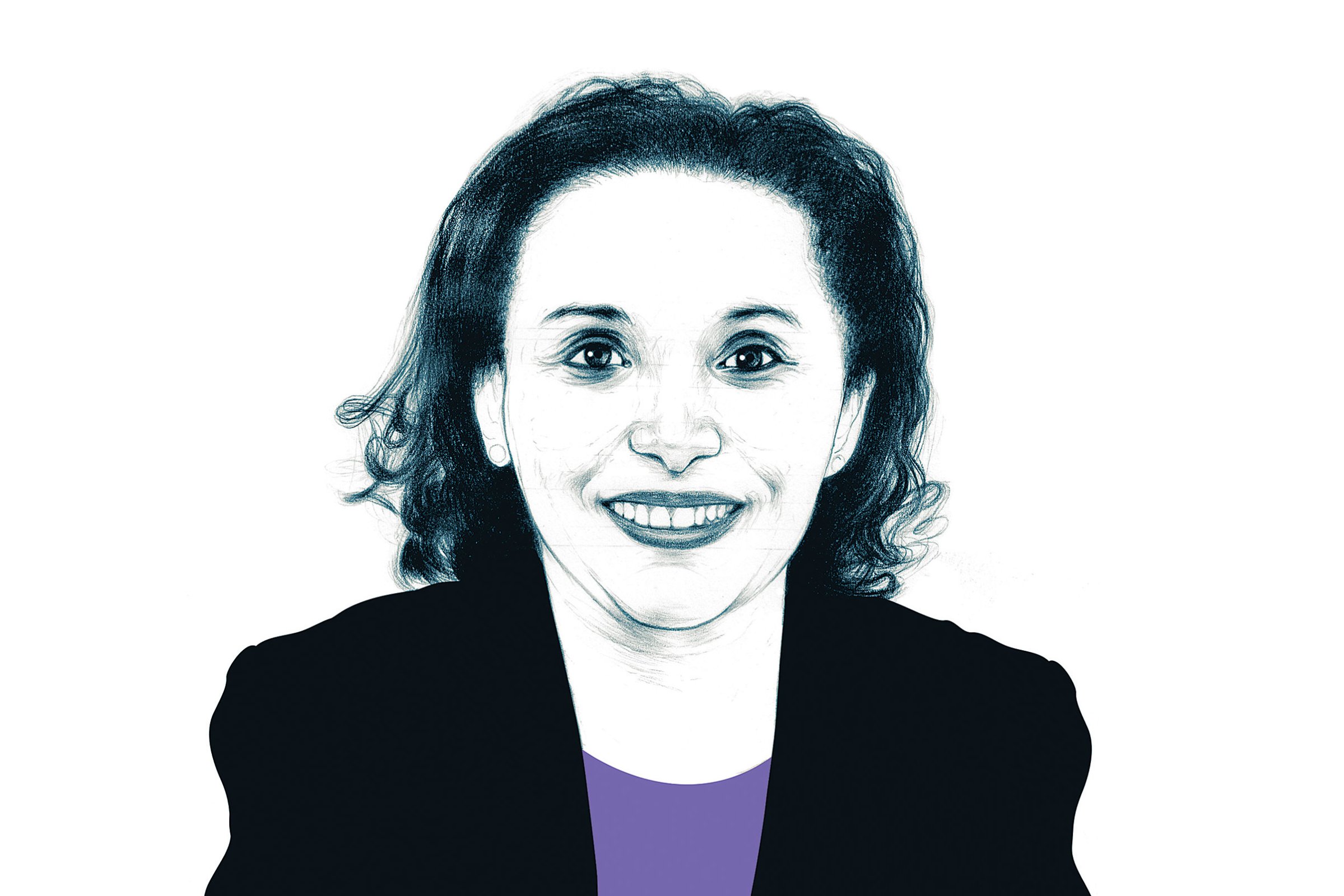
Segenet Kelemu has always been a discoverer. As a scientist, she would achieve breakthroughs–“Crack the constraints,” as she puts it–and feel euphoric. But she came to a realization: “So you do research, you publish the paper–and then what?”
Having constructed an international network of biotechnology laboratories in Africa and now serving as director general of the International Centre of Insect Physiology and Ecology–a research facility in Nairobi that solves problems posed by insects to public health–Kelemu ensures that research reaches people.
Thanks to improved seed and farming technology, the ICIPE has been able to control grain pests and improve soil, now reaching at least 20,000 Ethiopian farmers.
Kelemu, 60, grew up in a small Ethiopian village with only one dress and no shoes to wear. She rebelled against the constraints placed on her as a girl. (They cracked.) Along the way, she has fostered a faith that each problem possesses a solution. Among her discoveries: “Life is always a lesson,” she says. “Every day, I learn from everybody.”
More Must-Reads from TIME
- Cybersecurity Experts Are Sounding the Alarm on DOGE
- Meet the 2025 Women of the Year
- The Harsh Truth About Disability Inclusion
- Why Do More Young Adults Have Cancer?
- Colman Domingo Leads With Radical Love
- How to Get Better at Doing Things Alone
- Michelle Zauner Stares Down the Darkness
Contact us at letters@time.com



